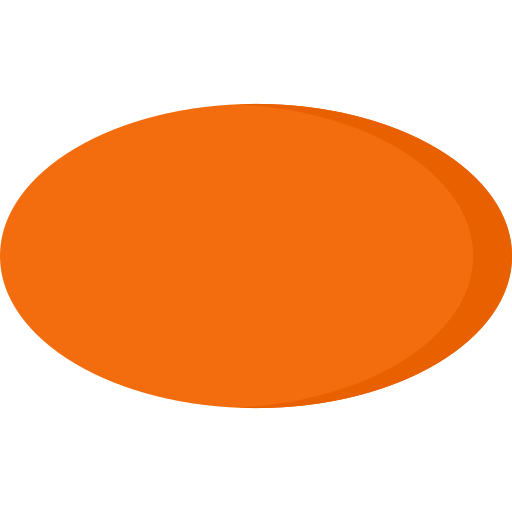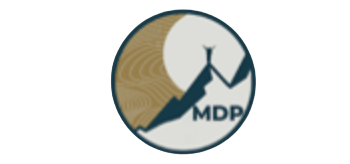
The Master of Development Practice program in the College of Human Sciences is designed to prepare professionals who can work across many fields and bring divergent teams together to develop sustainable solutions to the major issues of the world. With a focus on hunger, poverty, global market changes, humanitarian aid, social policy, and more, Auburn University's MDP is the first of its kind to bring a human science and quality of life perspective to the field. Auburn University's MDP will allow students to focus their studies on either international or domestic development. Based on their selected area of study, students will be placed in a domestic or international field for a semester-long internship while gaining additional experience in the other field through a smaller-scale practicum, ensuring a well-rounded approach to their area of study. With dynamic learning opportunities throughout Alabama as well as international locations on every continent except Antarctica (but we’re working on it), Auburn University's MDP program offers an immersive personalized educational experience.

Students will be able to design and execute an independent and comprehensive project in the development field that will prepare them to function effectively in professional careers in this field.
Students will be able to identify, articulate, and debate the importance of a broad range of issues that have both local and global significance in the human sciences as related to development practice.
Students will be able to increase their abilities to function effectively in the four domains of Cultural Intelligence (CQ) which are CQ Drive, CQ Knowledge, CQ Strategy, and CQ Action as measured by the empirically validated CQ Test.
Students will be able to apply design thinking to development interventions in development practice through a systematic design process; students can articulate that process and describe outcomes using an established methodology from the human sciences.
© 2025 Global Studies. All Rights Reserved.